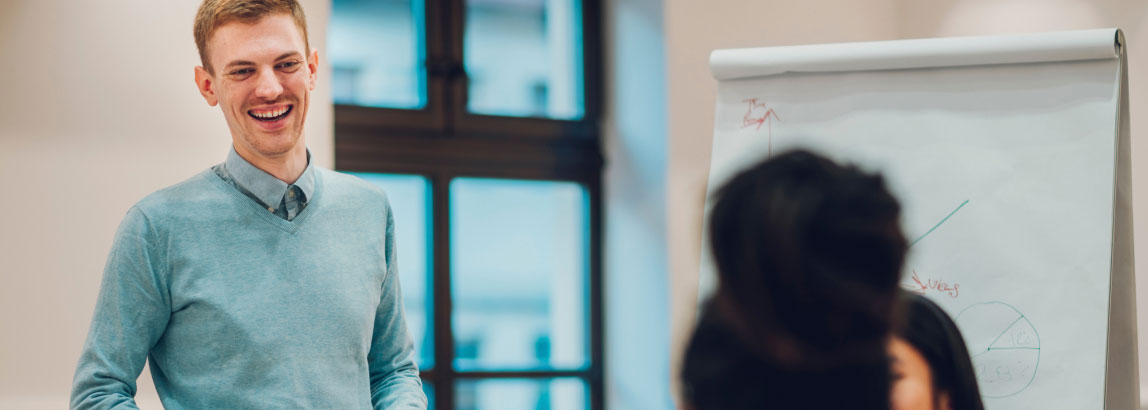Not found

Related vacancies

Junior Lecturer Bioinformatics and Systems Biology
- 0.6 / 1
- Faculty of Science
- Teacher
- MSc
- Closes on15-01-2025
- Publishing date13-11-2024
We are looking for a colleague who is passionate about education and dedicated to support the VU/UvA joint degree Master’s programme for Bioinformatics and Systems Biology.
Please apply at Vrije Universiteit Amsterdam.
View vacancy

Postdoctoral Researcher: The Economics of Housing Affordability
- 1 / 1
- School of Business and Economics
- Researcher / Postdoc
- Postdoc
- Closes on31-12-2024
- Publishing date13-11-2024
The Department of Spatial Economics is looking for a Postdoc Researcher for a 3-year position on a project examining housing affordability and urban economics, focusing on key issues in housing markets.
View vacancy

PhD in Mechanical Characterization of Nucleic acids
- 1 / 1
- Faculty of Science
- PhD
- MSc
- Closes on22-11-2024
- Publishing date07-11-2024
1 PhD position for Marie Skłodowska Curie Doctoral Network in Mechanical Characterization of Nucleic acids using Single Molecule techniques (MECHANISM).
View vacancy
This website uses cookies
We, and third parties, use cookies on our website. We use cookies to ensure that our website functions properly, to store your preferences, to gain insight into visitor behavior, but also for marketing and social media purposes (showing personalized advertisements). By clicking 'Accept', you agree to the use of all cookies. In our Cookie Statement. you can read more about the cookies we use and save or change your preferences. By clicking 'Refuse' you only agree to the use of functional cookies.